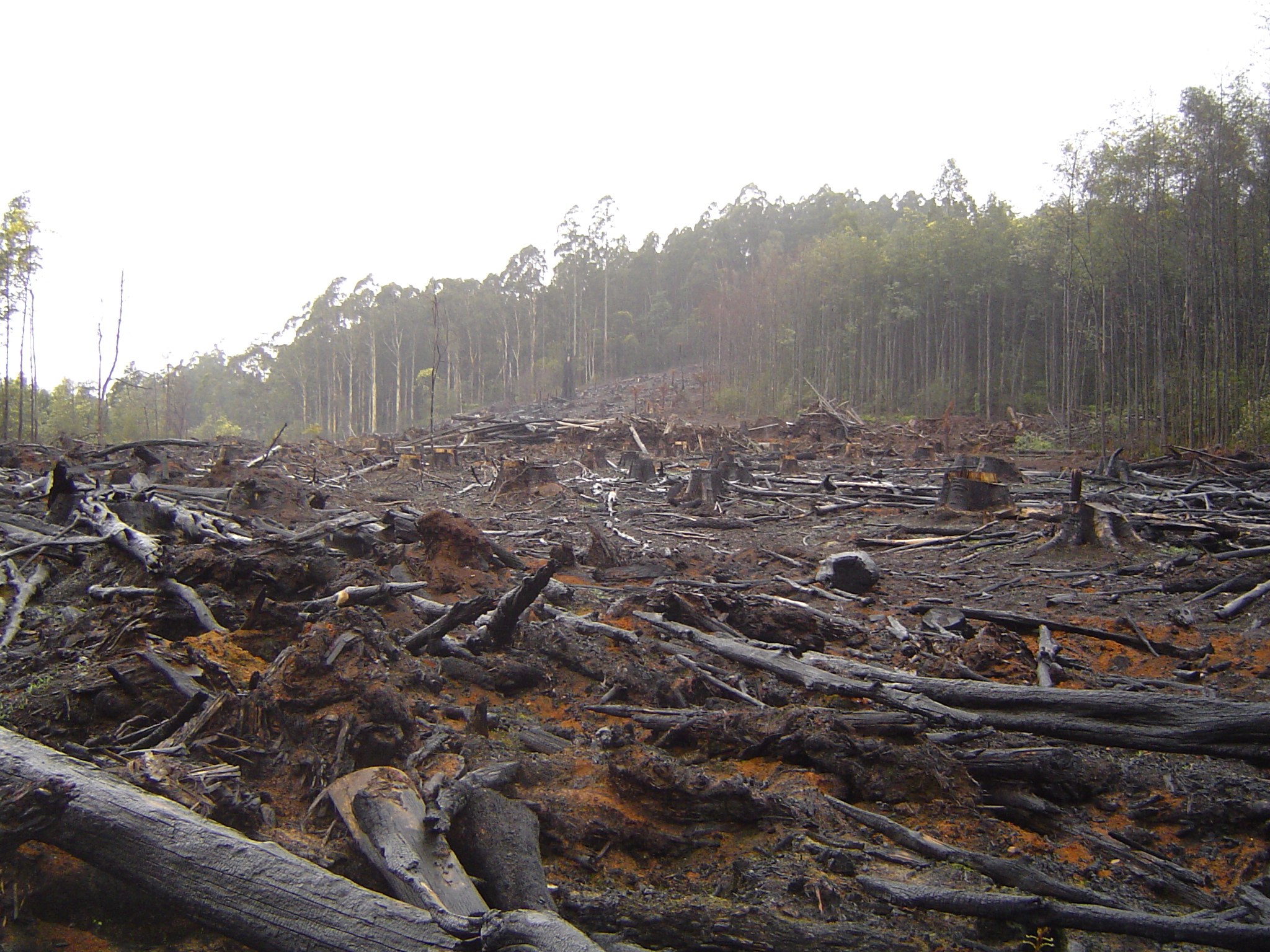
Large companies are falling short of zero-deforestation promises
A team of researchers led by Stanford University has taken a closer look into what actually happens after influential companies make zero-deforestation pledges. The study revealed that such promises often fall short of having a positive impact, and the experts have some recommendations for policy solutions.
“The time is ripe to increase the scope and impact of zero-deforestation commitments by transnational companies,” said study lead author Eric Lambin. “They align with a growing availability of monitoring data from satellites and other sources as well as a proliferation of national and international public policies aimed at conserving forests to reduce greenhouse gas emissions.”
Hundreds of corporations have made public pledges to help end deforestation in response to increased expectations from customers and pressure from environmental groups. The researchers are explaining why some of these promises are more dependable than others.
They say that many companies use vague language in stating their goals or have widely varying targets across many different sectors. Some companies have aligned to make collective public pledges, but they rarely specify who will be accountable for the transformation.
The study co-authors refer to previous studies which revealed that less than 50 percent of sustainability pledges have been implemented among companies in the Sustainability Consortium, a non-profit organization with members including General Mills, Mars, and Walmart.
The experts say that a private zero-deforestation initiative can be undermined by many external factors, regardless of the approach. For example, when an intervention restricts the production of commodities in one place, it can simply encourage displacement of production to other locations.
The researchers highlight several policy approaches to making sustainability projects more effective, verifiable, and customized for each particular region. They suggest that policy makers endorse and reinforce company standards in order to complement the new regulations.
“These companies stand poised to break the link between commodity production and deforestation,” said coauthor Holly Gibbs. “To do that, more immediate action is needed to demonstrate commitment to change and to clear the haze surrounding these efforts.”
The study is published in Nature Climate Change.
—
By Chrissy Sexton, Earth.com Staff Writer
Image Credit: crustmania / Flickr













